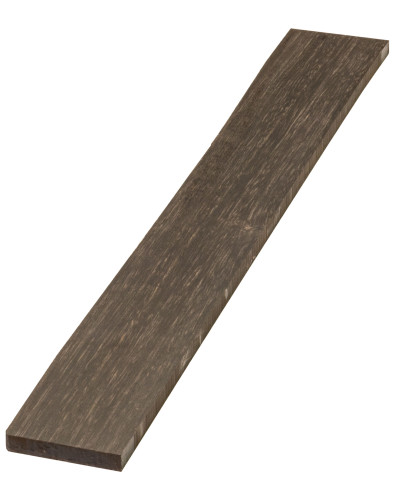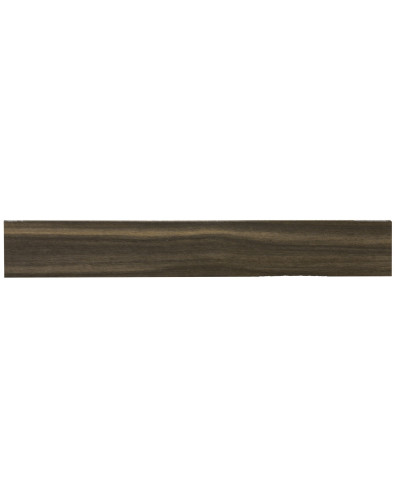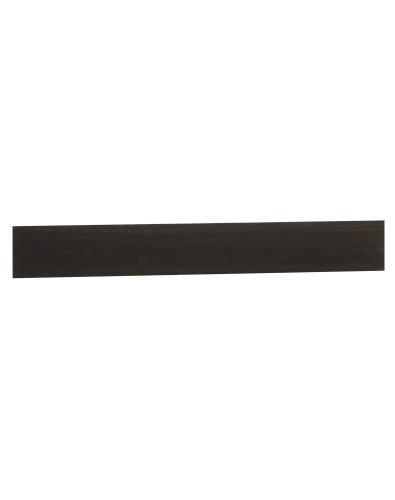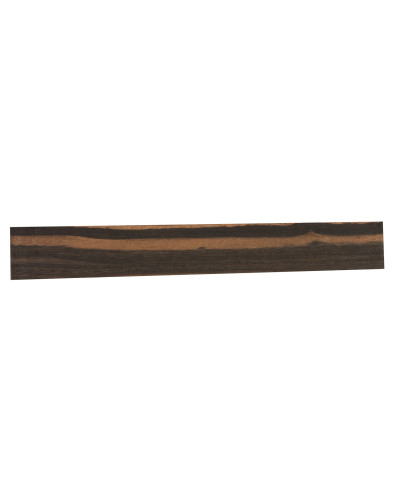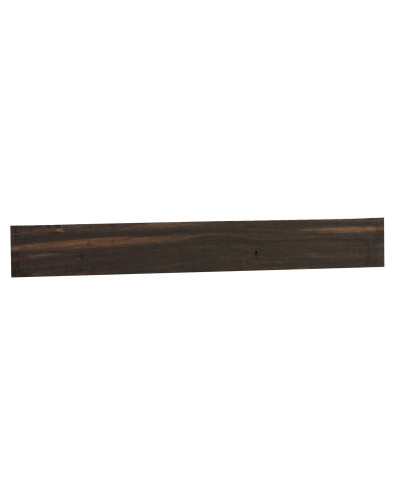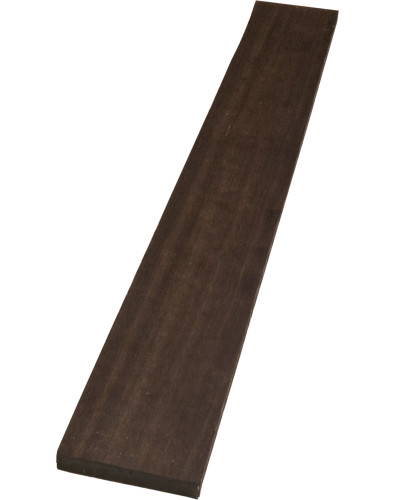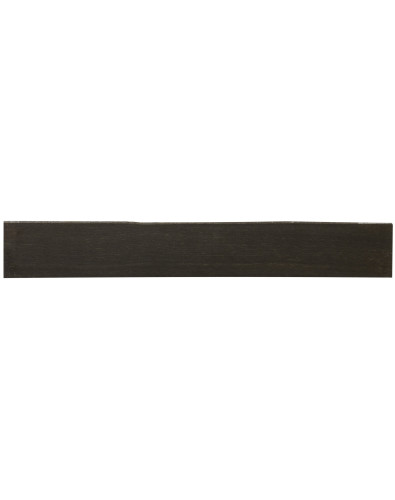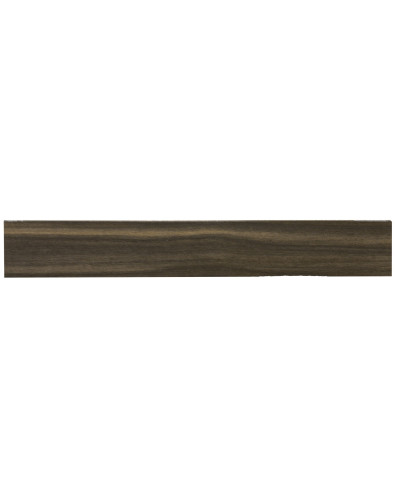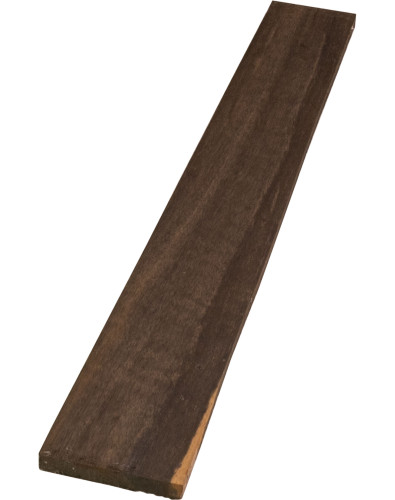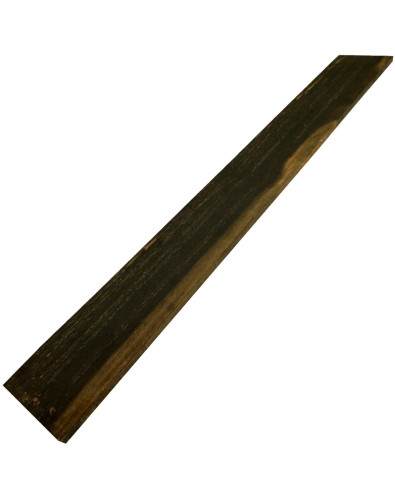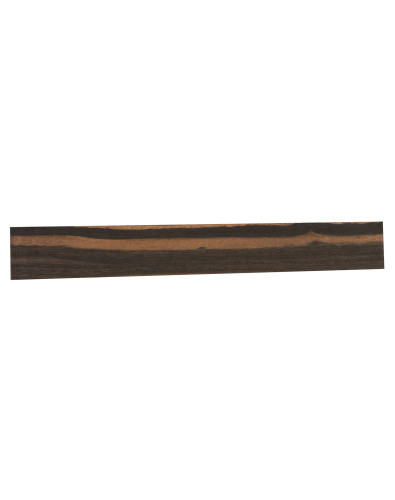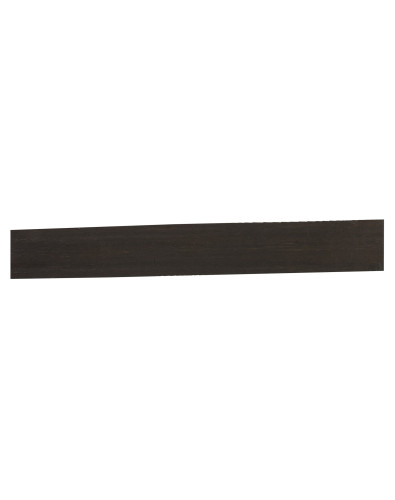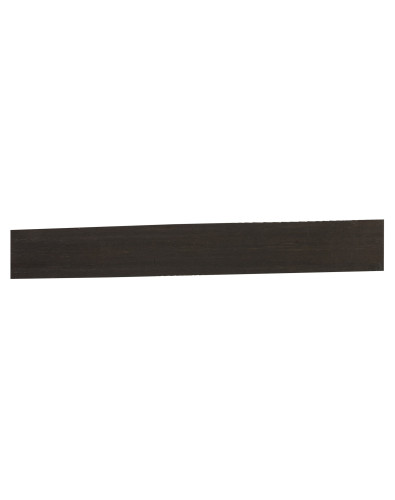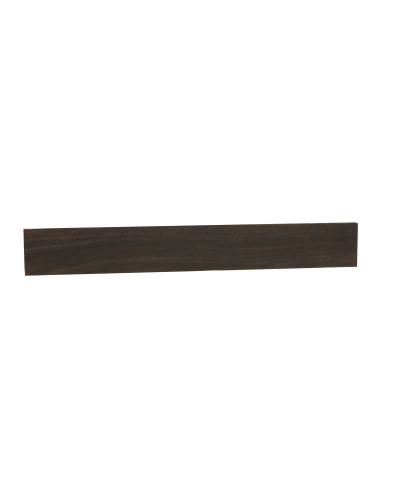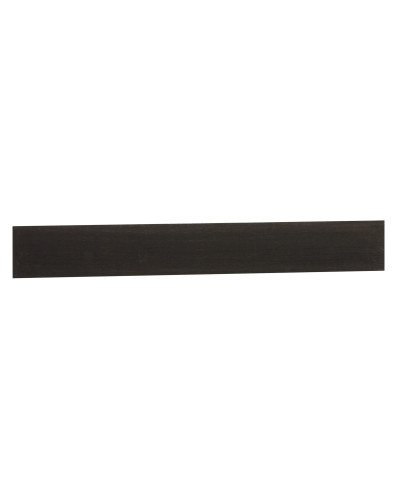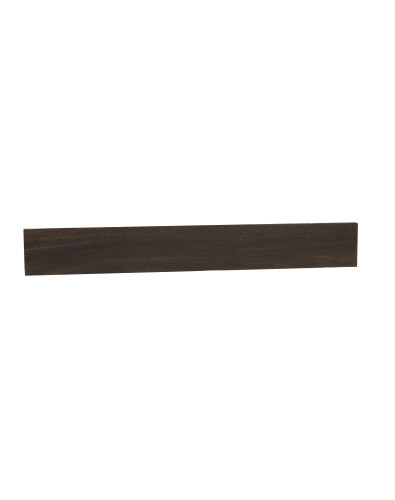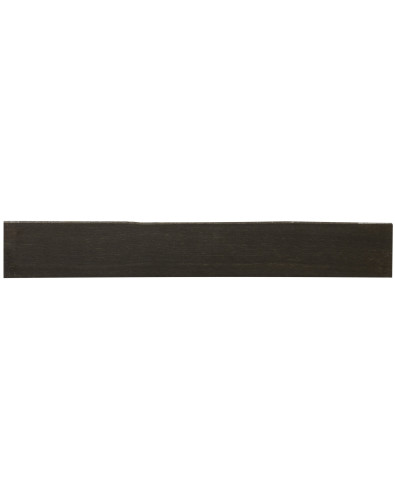African Ebony
African Ebony has been the most used wood in history to make fingerboards for musical instruments. In addition to its acoustic properties, its rigidity and density have been the main reasons why luthiers from around the world have used this wood for years to make guitar fingerboards. Undoubtedly, African Ebony is one of the most wear resistant woods which is produced by the strings tension and by the blows or frictions that this part of the instrument usually receives.
Maderas Barber is one of the companies with the highest ebony stock in the world, because our sawmill in Africa supplies us with this wood year after year. We are a company committed to the environment and we work towards the wood repopulation in this area.
We have a wide variety of Ebony fingerboards qualitiy for acoustic guitar to meet our customers demand. Choose this wood if you want the Ebony's resistance in your acoustic guitar and the safety of a good acoustic wood.
BOTANICAL NAME: Diospyros crassiflora Hiern.
COMMERCIAL NAMES: African ebony, black ebony.
ORIGIN: Central and Western Africa.
DESCRIPTION: It is a black wood with a density of 1030-1050 kg/m3. The color of this wood is lighted in the sapwood and black in the heartwood. Traditionally, it is common to define this species as the one that has the blackest color, although it may have white veins. Ebony fiber is straight; however, it can be interlaced at times. The grain is fine.
SUGGESTIONS: It cracks easily when there are changes in temperature or relative humidity. It is resistant to fungus and insects. Ease sawing, although the tools will need to be sharpened often. Machining and gluing are complicated because this is a dense and a hard wood. The finish does not present problems. It can produce certain eczemas or skin irritations.
DRYING: The drying speed varies from normal to slow. If it is small, it dries well but it tends to crack or distort.
USES: In addition to being used in various instruments fingerboards, it is also used in wind instruments.

